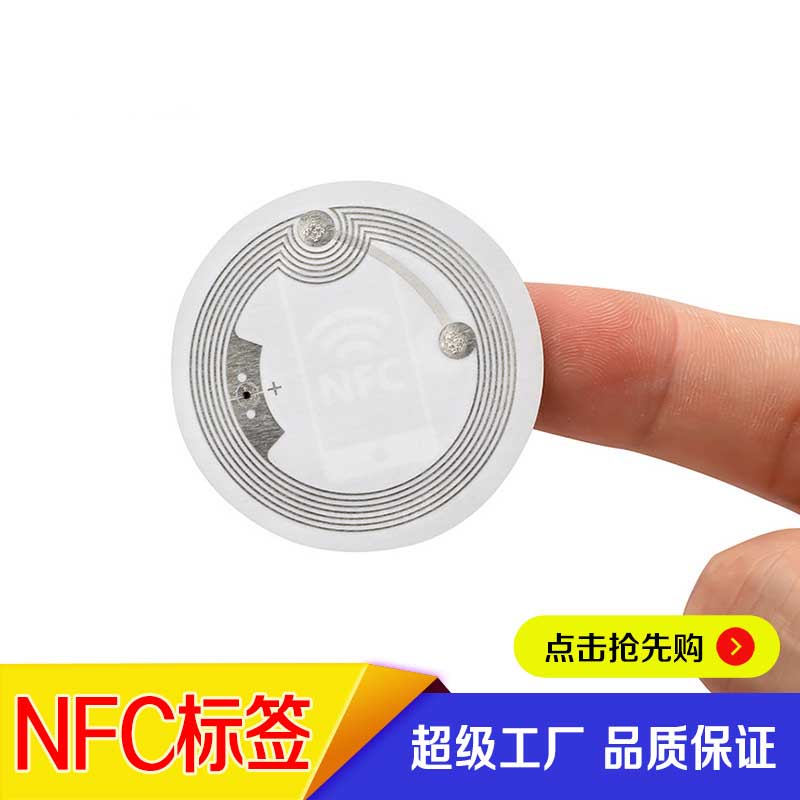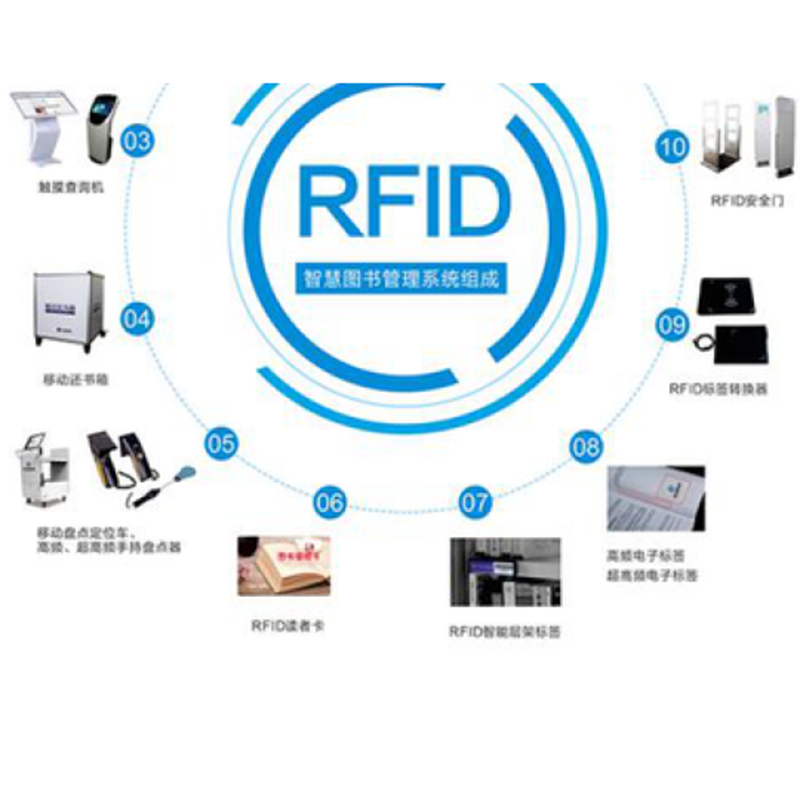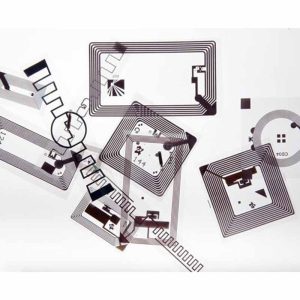What does RFID mean? RFID electronic tag manufacturers share

RFID stands for Radio Frequency Identification, a technology that uses electromagnetic fields to identify specific tags, enabling wireless identification and tracking of objects. RFID systems consist of readers and RFID tags. Readers activate tags by sending radio waves to them to read the stored information. Tags can be passive or active; passive tags require the reader’s radio waves for activation and data transmission, while active tags can send signals independently.
RFID technology excels in wireless identification and tracking compared to traditional barcode systems. RFID tags do not need to be aligned directly with the reader, allowing for recognition at different angles and distances, significantly enhancing efficiency and accuracy. Moreover, RFID tags can be implanted inside objects or attached to surfaces, enhancing security and anti-counterfeiting measures. Therefore, RFID technology holds significant value in theft prevention, tracking, and traceability.
However, RFID technology faces challenges and limitations such as cost, privacy concerns, and security risks due to remote tag reading. Standardization and interoperability issues among different manufacturers may also affect system stability and reliability. As an essential IoT technology, RFID is widely applied across industries and is expected to play a more critical role in the future with improving cost-effectiveness, security, and standardization levels.






